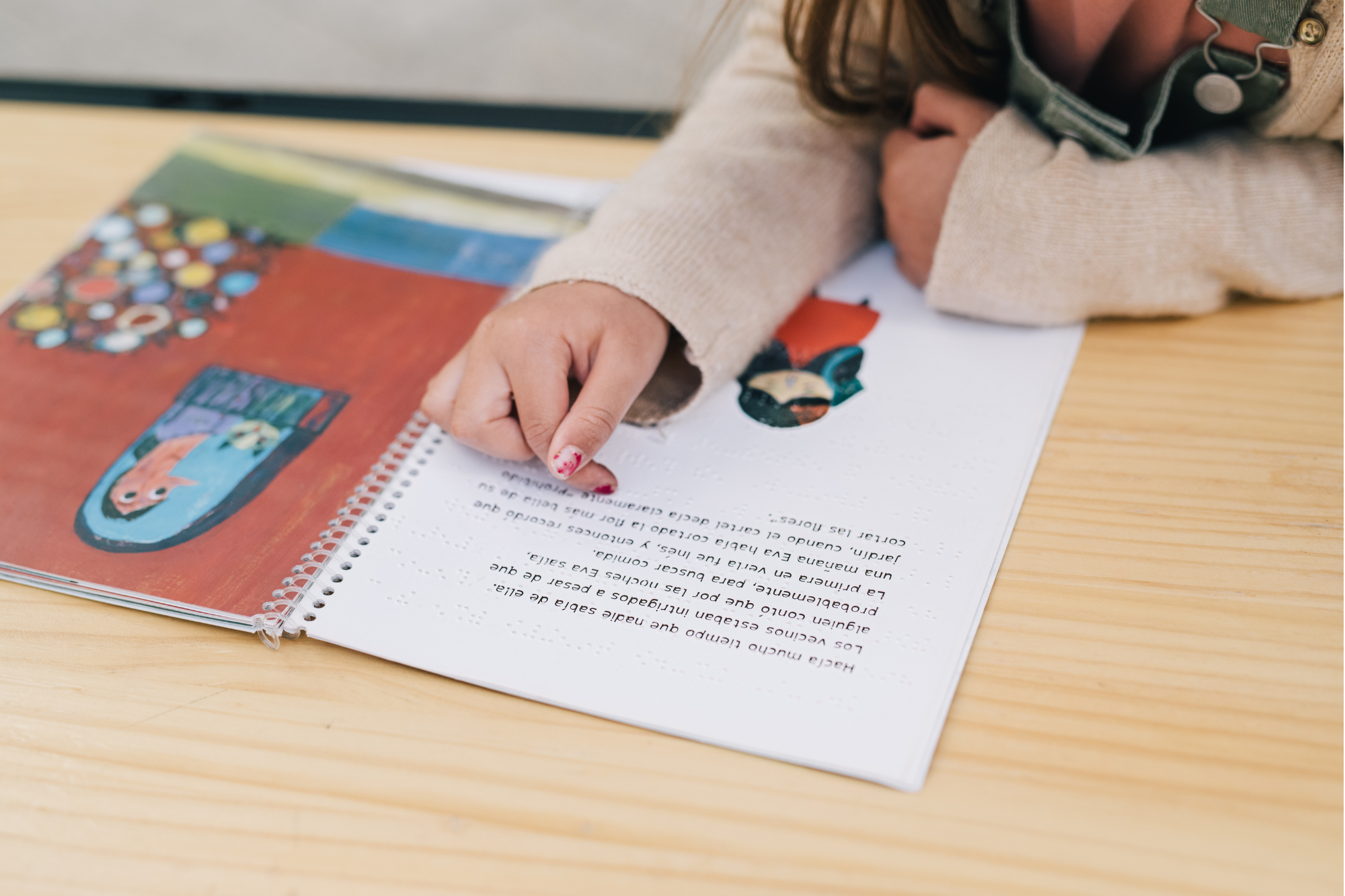How Can Speech Therapy Help Reading Skills?
Why Speech and Reading Go Hand‑in‑Hand
Reading is so much more than recognizing letters on a page. It’s about hearing the sounds those letters make, blending them together, and understanding what they mean. That’s why speech and language skills are such an important part of learning to read.
One of the strongest predictors of later reading success is phonological awareness. Phonological awareness includes the ability to hear, blend, and play with sounds in words (Melby-Lervåg et al., 2012). Kids who have trouble with speech sounds or language are at higher risk for reading struggles if they don’t get help early (Sutherland & Gillon, 2005).
Speech-language pathologists (SLPs) are trained to build these exact skills, making them a key part of your child’s reading support team.
How Can Speech Therapy Support Reading?
Here’s what speech therapy often looks like when it comes to boosting reading skills:
Building phonemic and phonological awareness
Through rhyming games, sound sorting, and breaking words into parts, SLPs help kids hear and understand the sounds in language—a must-have skill for decoding and spelling (Ehri et al., 2001).
Improving speech clarity and fluency
If a child can’t pronounce a sound clearly, it’s harder for them to connect that sound to the right letter. Working on articulation helps make those sound-letter connections stronger, which leads to smoother, more confident reading.
Expanding vocabulary knowledge
Knowing what words mean is just as important as being able to read them. Even skilled “decoders” will struggle to understand a story if they don’t know the vocabulary. Research shows that strong vocabulary skills are directly linked to better reading comprehension (Elleman et al., 2009). In therapy, SLPs teach new words in meaningful, kid-friendly ways, such as using visuals, examples, and plenty of real-life practice, so those words become part of your child’s everyday language.
Strengthening grammar and comprehension
Reading comprehension depends on understanding how words fit together to form sentences and stories. Speech therapy targets grammar, listening skills, and narrative skills, all of which make it easier for children to follow along and make sense of what they read.
Combining sounds and meaning in one approach
The most effective therapy doesn’t separate “reading” skills from “language” skills. Instead, SLPs weave them together in therapy, working on decoding, vocabulary, and comprehension side-by-side. This kind of integrated approach leads to stronger, lasting reading gains (Snow, 2016).
Research Shows Measurable Gains
The connection between speech and language skills and reading ability is well documented, and it’s something we see play out in real life, too. Research tells us that:
Clearer speech supports reading fluency.
Children with speech sound difficulties who get early, targeted therapy show big improvements in sound awareness, decoding, and fluency (Sutherland & Gillon, 2005). These gains give them a stronger foundation for later reading success.Vocabulary builds comprehension.
Kids can only truly understand what they read if they know what the words mean. Studies show vocabulary knowledge is one of the best predictors of reading comprehension (Elleman et al., 2009).Language skills pave the way for learning.
Oral language abilities, such as telling a story, understanding grammar, and following directions, are closely tied to later reading and writing achievement (National Early Literacy Panel, 2008).Targeting sounds and meaning together works best.
Approaches that address both the mechanics of reading (like phonics) and the meaning side (like vocabulary and comprehension) get the best results (Snow, 2016).
In other words: when speech therapy focuses on both how a child processes sounds and how they understand language, it can have a lasting, powerful and significant impact on their reading journey.
What Does a Therapy Session Look Like?
Depending on your child’s needs, a speech-language pathologist might:
Play sound and rhyming games to build phonological awareness.
Work on articulation in connection with specific letters and sounds.
Teach new vocabulary during book reading, with visuals and real-life examples.
Use guided oral reading to build fluency and confidence.
Have your child retell stories to strengthen comprehension and expressive language.
How Can You Help Build Reading Skills at Home?
Your support at home is just as important as what happens in the therapy room. Kids make the most progress when reading and language practice are part of everyday life, not just “homework.” Here are some simple, practical ways to help:
Read together daily.
Even 10–15 minutes a day makes a difference. Choose books your child enjoys, whether they prefer stories, nonfiction, or graphic novels. Anything that keeps them engaged! Pause occasionally to talk about what’s happening, predict what might come next, or connect the story to something in their own life.Talk about new words.
If you come across a word your child doesn’t know, explain it in kid-friendly language, give an example, and use it again later in conversation. For example: “This character is determined - that means she keeps trying even when it’s hard. Remember when you were determined to finish your puzzle?” Research shows repeated exposure to new words in different contexts helps them stick (National Reading Panel, 2000).Play with sounds.
Rhyme games, clapping out syllables, or thinking of words that start with the same sound are great ways to build phonological awareness, and they can be done anywhere, from the breakfast table to the car ride home.Encourage reading out loud.
When kids read out loud, they practice not just decoding but also fluency, pacing, and expression. It doesn’t have to be a whole chapter. Reading a favorite joke, a menu, or even the back of a cereal box counts.Write together.
Encourage your child to write thank-you notes, grocery lists, or short stories. Writing reinforces the same sound-letter and vocabulary skills they’re learning in therapy.Keep conversation flowing.
Ask open-ended questions that require more than a yes/no answer (“What was your favorite part of the day?” or “How would you change the ending of that story?”). These conversations help strengthen expressive language and narrative skills, which are both key for reading comprehension.Make it fun, not a chore.
Celebrate small wins, use silly voices, or let your child be the “teacher” and read to you. The more positive their experiences with reading, the more motivated they’ll be to keep trying.
By weaving these little moments into your daily routine, you’re reinforcing the exact skills your child is working on in speech therapy and helping them see reading as something enjoyable and empowering.
Speech therapy can be a game-changer for children struggling with reading or at risk for future difficulties. By building skills in sound awareness, vocabulary, grammar, and comprehension, and by weaving them together in a meaningful way, SLPs can help kids become confident, capable readers.
If you’ve noticed your child struggling with reading, language, or vocabulary, call us today to schedule an evaluation. Early support can make all the difference.



